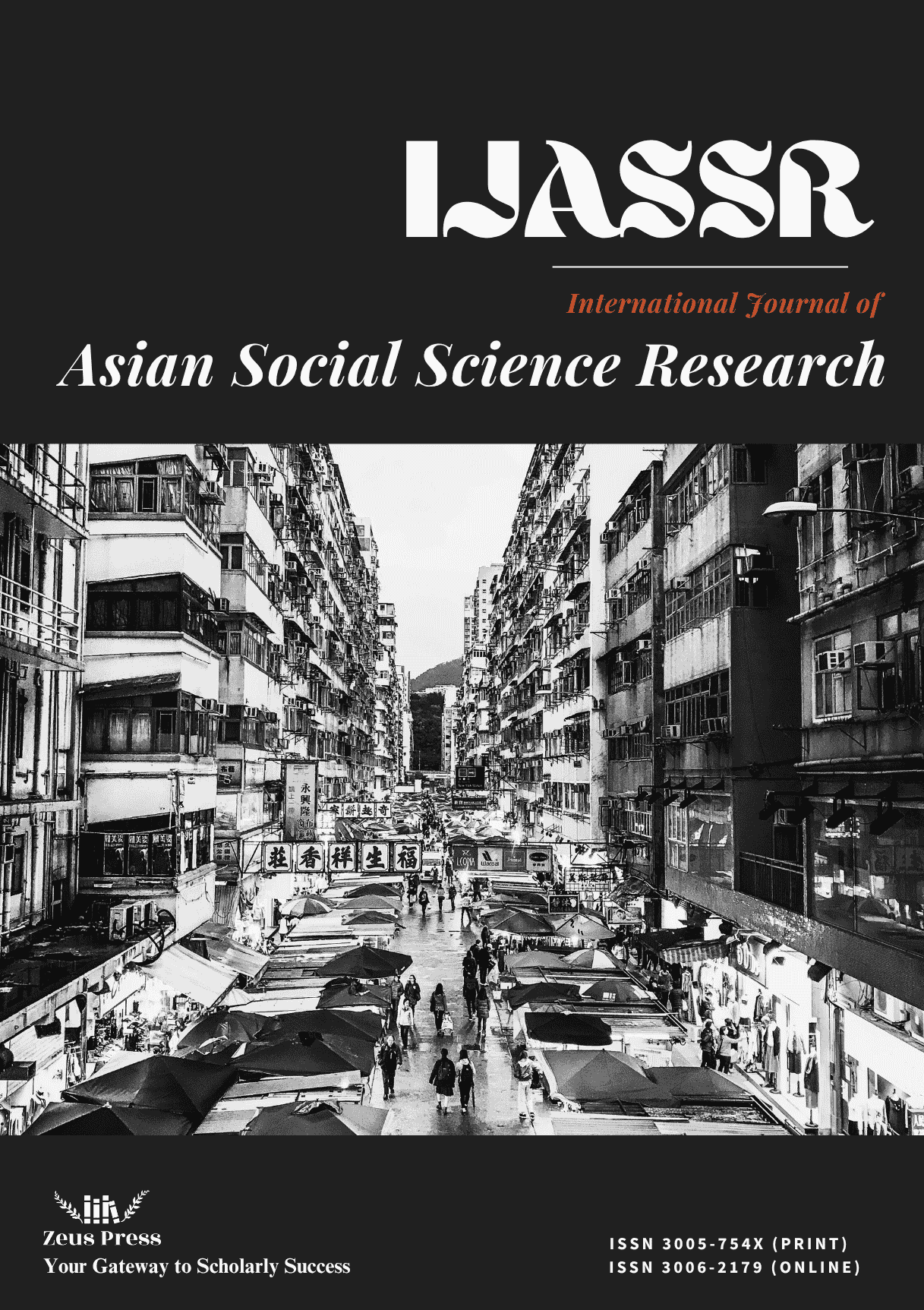Can Artificial Intelligence Products Replace the Traditional Model of Intimate Relationships?
Main Article Content
Keywords
artificial intelligence, intimate relationship, emotional companionship, relationship substitution, psychological safety, human–machine interaction
Abstract
The rise of generative artificial intelligence (AI) has led to the emergence of mimicomorphic, emotional products such as AI companions and emotional companion robots, forcing humans to consider for the first time whether nonliving organisms can replace traditional partners. Therefore, from both psychological and sociological perspectives, it is necessary to propose and explore, from an interdisciplinary perspective, how far AI products can replace traditional intimate interpersonal relationships. On the basis of theories of psychoanalysis and evolutionary psychology and in combination with the basic situation of the target users, a human‒machine mutual trust model is proposed and constructed, namely, the three foundations of human‒machine mutual trust, namely, ability, kindness and integrity. The risk of a crisis in the human‒machine relationship is further quantified as a model. Although AI products offer stable, controllable and low-risk emotional companionship and can better meet users' specific psychological needs and have good application prospects in assisting child-rearing, they lack genuine subjectivity, empathy and social embeddedness and are limited in the dimensions of “deep connection” and “common development”, which replace traditional relationships. Therefore, AI products should not be regarded as substitutes for existing intimate relationships but rather as supplements or even “fallbacks” to the original intimate relationships of people. In the future development of human‒machine interactions, people need to coordinate the relationship between technological development and humanistic orientation, build a new model of human‒machine coevolution, and form a “spiritual home”.
References
- Gao, Q. (2024). Reducing the negative impacts of evolutionary psychological mechanisms: Evolutionary awareness adjustment (EPAI) [Unpublished master's thesis, East China Normal University]. Shanghai.
- Hao, J., & Sun, Y. (2025). “AI Godfather” Hinton in conversation with Zhou Bowen, director of Shanghai AI Lab: Multimodal chatbots have consciousness. IT Times, (3), 1-3.
- Huang, H., & Su, Y. (2012). The lifelong development of empathy: A dual-process perspective. Psychological Development and Education, 28(4), 434-441.
- Lan, T. (2025). An analysis of QQ pet nostalgia under the emotional compensation mechanism. Audio-visual, (6), 104-107.
- Li, X. (2024). Interdisciplinary construction of ethical systems for artificial intelligence: Ideas for complex adaptive systems. Zhejiang Academic Journal, (6), 48-56.
- McKnight Foundation. (2025). Six artists dedicated to advancing justice, healing, and looking forward to a better future. https://www.mcknight.org/zh/programs/arts-culture/
- Miriam, C. Z., Anne, E. S., Violeta, J. R., Dominique, L. L. B., & Geoffrey, L. B. (2024). Paternal perceptions of maternal essentialism and parenting self-efficacy during the transition to parenthood: An exploratory study. Journal of Child and Family Studies, 33(8), 2415-2424.
- Nordmo, M., Næss, J. Ø., Husøy, M. F., & Arnestad, M. N. (2020). Friends, lovers or nothing: Men and women differ in their perceptions of sex robots and platonic love robots. Frontiers in Psycholog, (11), 355.
- Wang, Q. (2012). On the role of etiquette in building good relationships. Journal of Changsha Aeronautical Polytechnic, 12(2), 77-80.
- Xie, Y., & Zhou, R. (2025). Human-machine two-way trust in a new human-machine relationship. Advances in Psychological Science, 33(6), 920-923.
- Yao, J., & Zhang, S. (2025). The love of the “alien”: The construction and evolution of human-machine intimacy from the perspective of domestication theory - taking the intelligent chatbot Replika as an example. Chinese Youth Studies, (6), 87.
- Zhang, Y. (2025). How to coexist - “Digital bionics” and the future of human-machine relationships. Journal of Shanghai Normal University (Philosophy and Social Sciences Edition), 54(4), 55-64.


